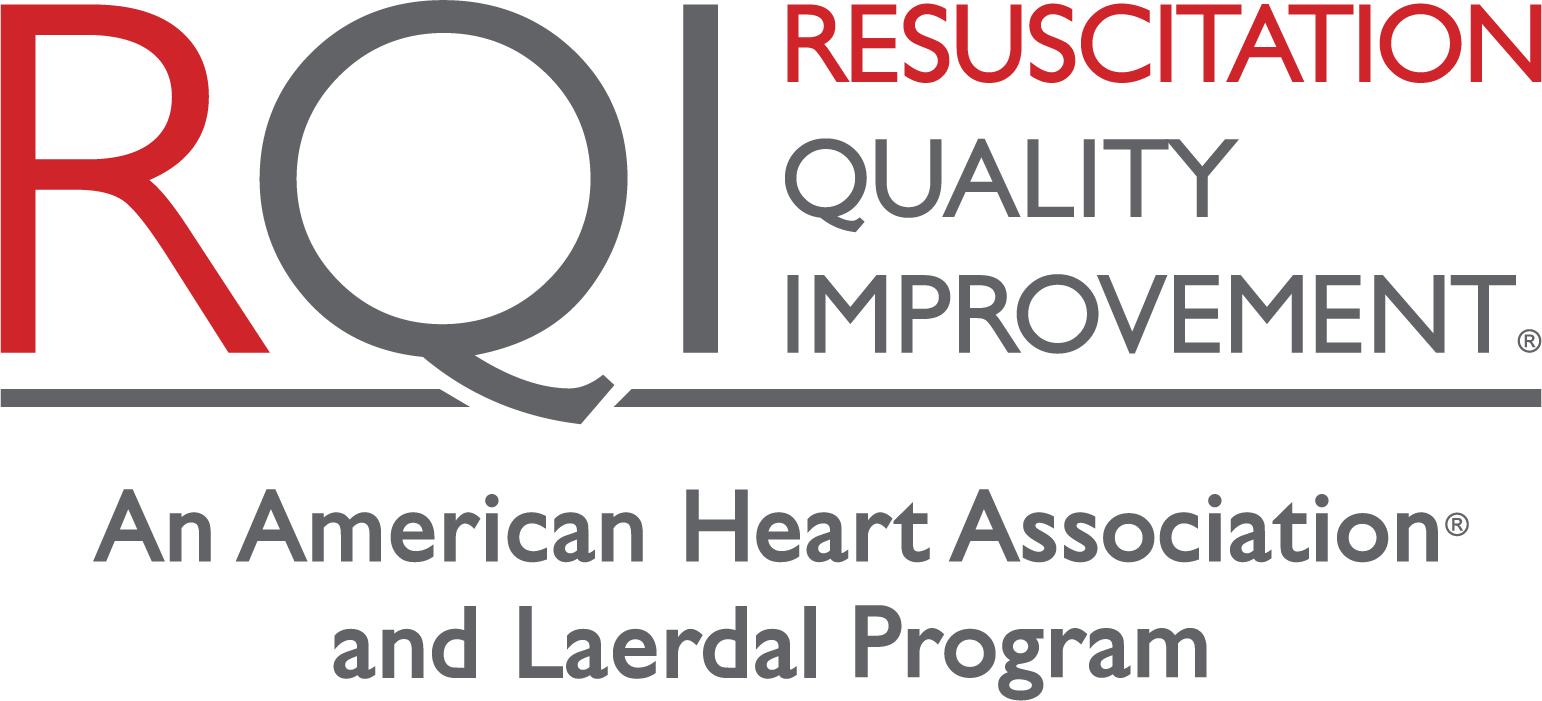Oermann, M. et al. International Journal of Nursing Education Scholarship. 2024
Importance of Conclusion
In the United States, nearly 290,000 hospitalized patients suffer in-hospital cardiac arrest each year. The knowledge retention and ability to perform high-quality CPR is critical. Traditionally, the focus of CPR training has been on direct care providers such as nurses and physicians, with the role of nursing students in the delivery of CPR being largely underappreciated. Due to rapid skills decay, and limited practice, nursing students are at a particular risk of not performing high-quality CPR. Ensuring nursing students begin their practice with the ability to perform high-quality CPR can advance life-saving efforts. This study examined the outcomes of training nursing students in CPR skills using the RQI program.
Key Points
- 2,193 nursing students in 12 schools were included in the study, with 79% of students having CPR training before starting the RQI program.
- Although most students were certified in BLS, median scores on the baseline assessment (pretest without feedback) for adult (67%) and infant (46%) compressions and adult (65%) and infant (57%) ventilation were below the passing threshold of 75%.
- With one session at the RQI simulation station, with real-time feedback, the skills of adult compressions improved by 40%, infant compressions by 107%, adult ventilation by 51%, and infant ventilation by 68%.
- With continued CPR practice using the RQI simulation station, participants retained their CPR skills. The percentage of participants who were able to perform compressions and ventilation on their first attempt continued to increase the longer they were in the program (up to 4 quarters).
- Continued practice using the RQI simulation station prevented the loss of CPR skills.
- The RQI program and methodology of feedback is effective for training nursing students to be competent in CPR skills, essential for safe patient care. Nursing and other healthcare professions programs should consider adopting the RQI program for students to develop CPR competency.
Read the article
